Nursing Care Facilities
623110
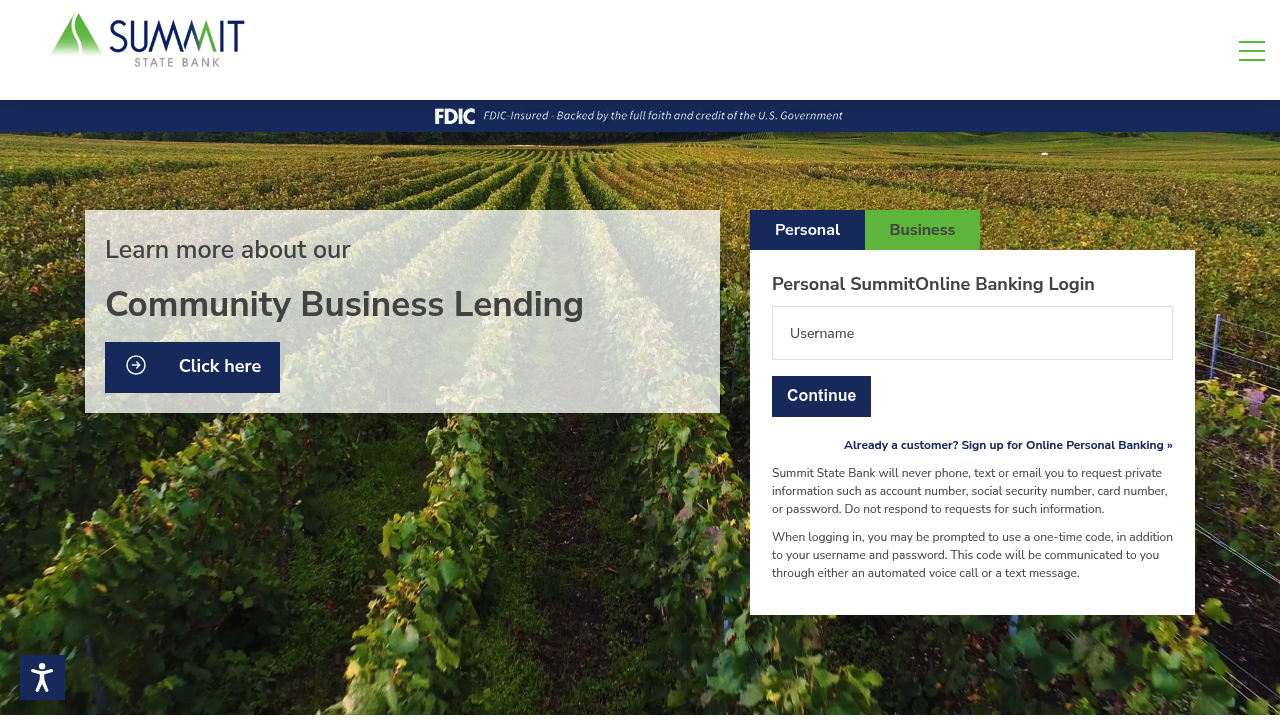
 Summit State Bank (CA)
Summit State Bank (CA)
Welcome to Summit State Bank! We offer personalized banking services tailored to meet the needs of Sonoma County residents and businesses. Discover our range of financial solutions designed to help you achieve your goals, whether you're saving for the future, financing a home, or growing your business. Experience exceptional customer service and community-focused banking with Summit State Bank.
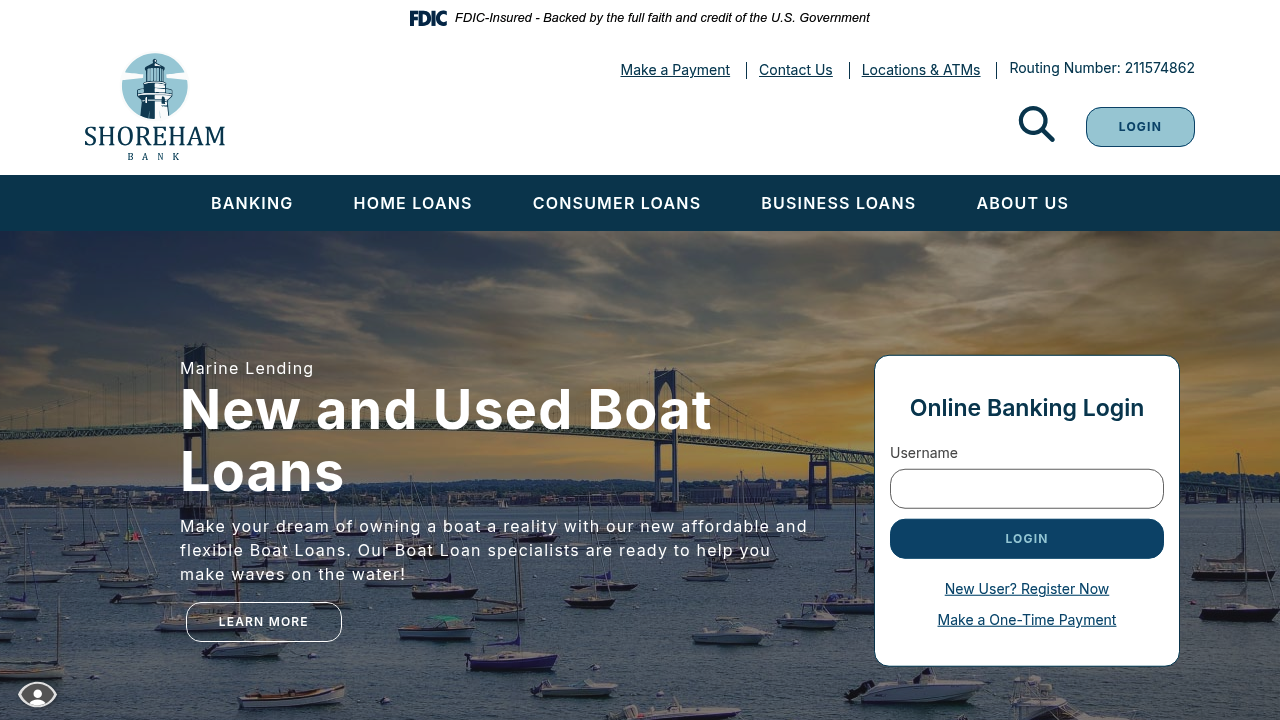
Shoreham Bank (RI)
Shoreham Bank offers Retail Banking, Mortgages, Home Equity Loans, Auto Loans, and much more. Providing our customers with convenience and reliable service since 1959.
Security State Bank & Trust (TX)
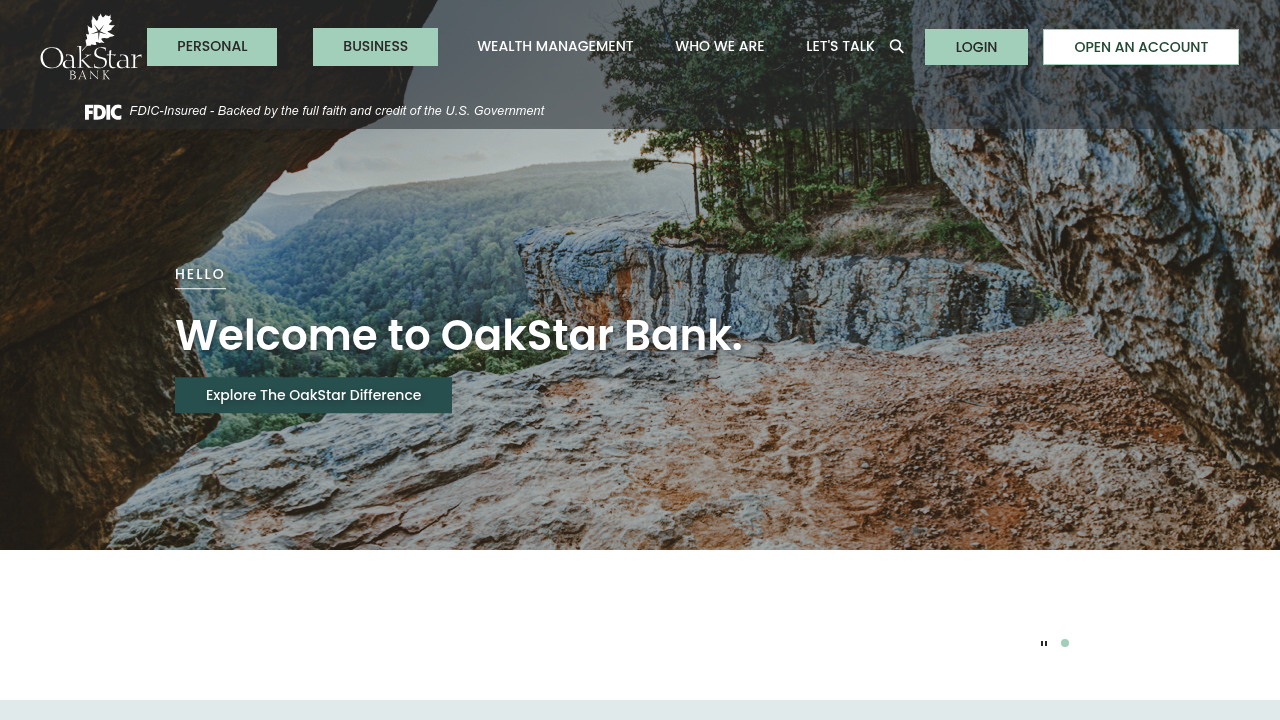
OakStar Bank (MO)
OakStar Bank in Missouri, Kansas, and Colorado offers checking and savings accounts, CDs, personal loans, auto loans, mortgages, and more. Explore today.

 Firstrust Savings Bank (PA)
Firstrust Savings Bank (PA)
Firstrust Bank is the largest family-owned bank in the Philadelphia region and has been committed to serving the financial needs of its communities for nearly 90 years.
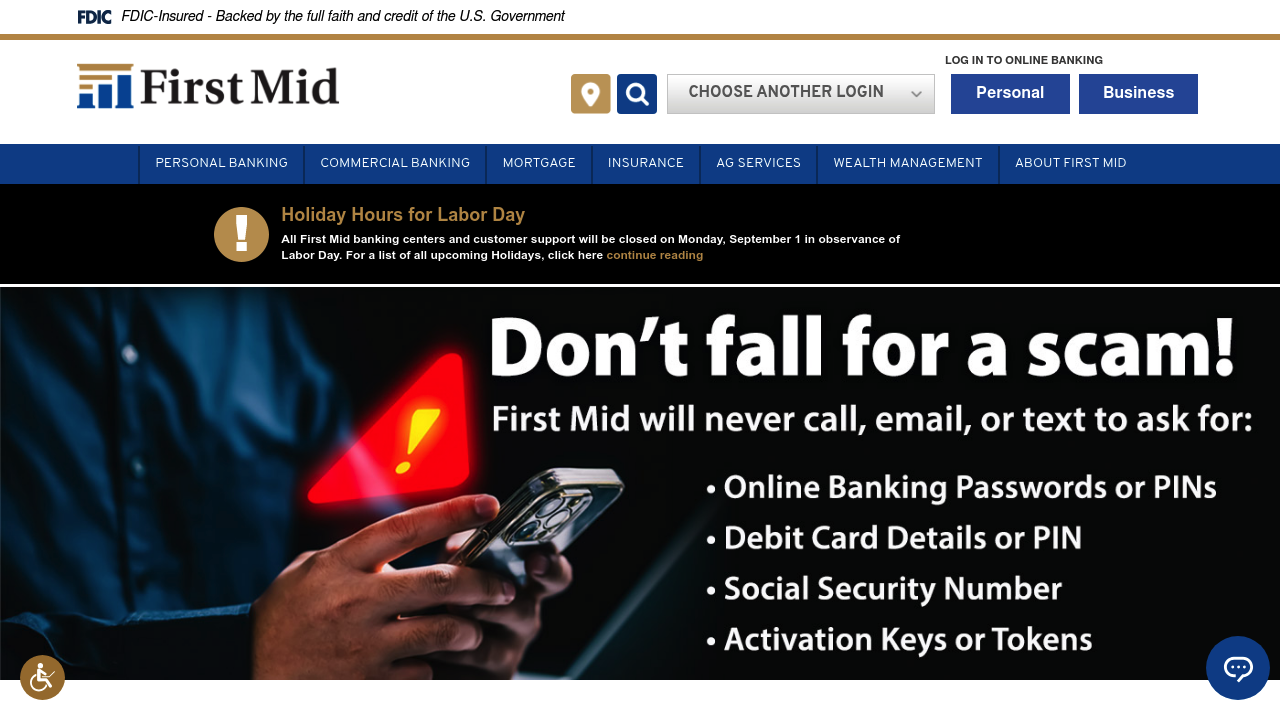
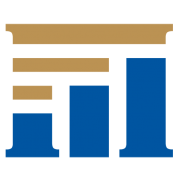 First Mid Bank & Trust, National Association (IL)
First Mid Bank & Trust, National Association (IL)
First Mid Bank & Trust offers commercial & personal banking, insurance, & wealth management services throughout Illinois, Missouri, Texas & Wisconsin.

First Business Bank (WI)
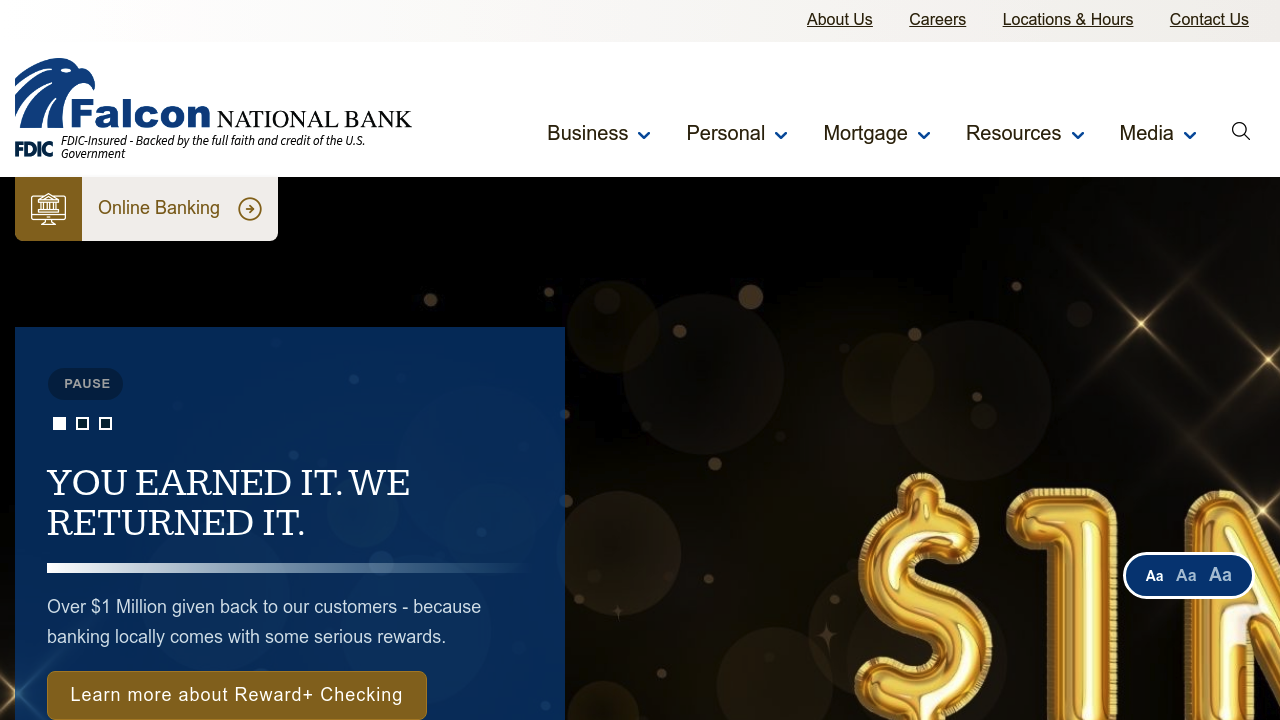
 Falcon National Bank (MN)
Falcon National Bank (MN)
We're real people creating stronger communities. See us at any of our bank offices in Foley or St. Cloud for help with your personal or business needs.
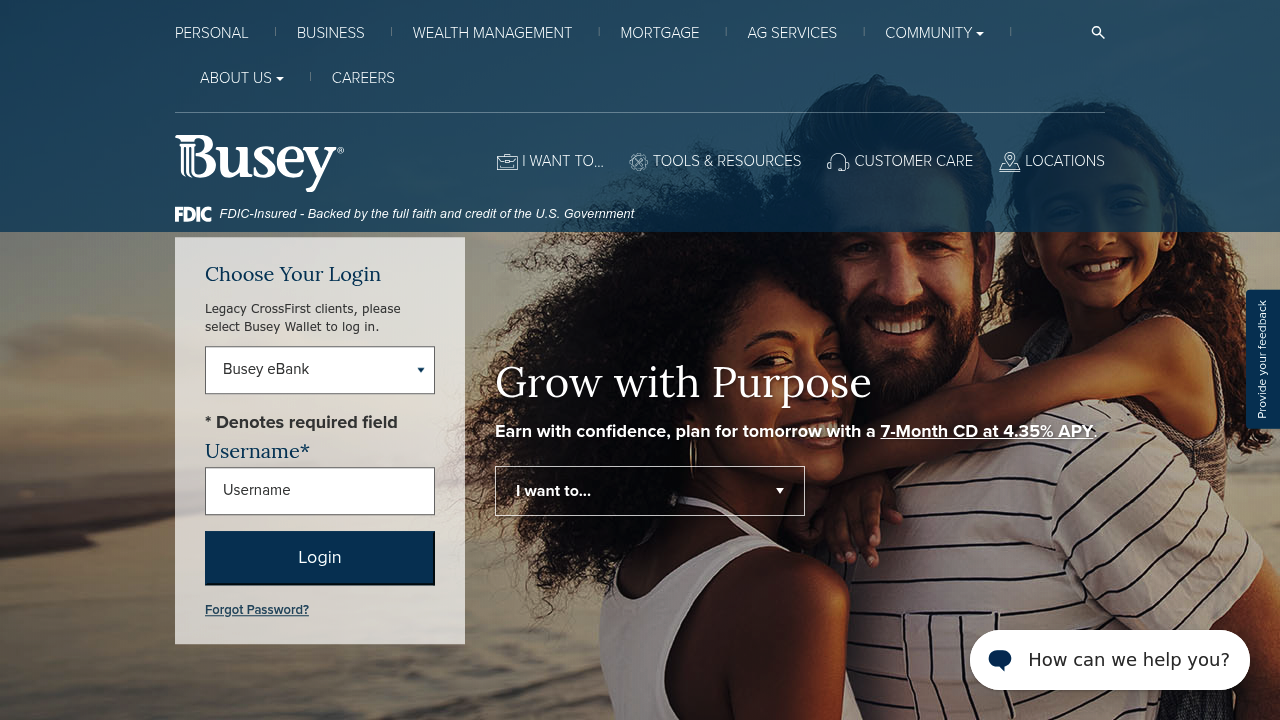
Busey Bank (IL)
Busey provides an array of banking services across Illinois, Missouri, Indianapolis and south west Florida.
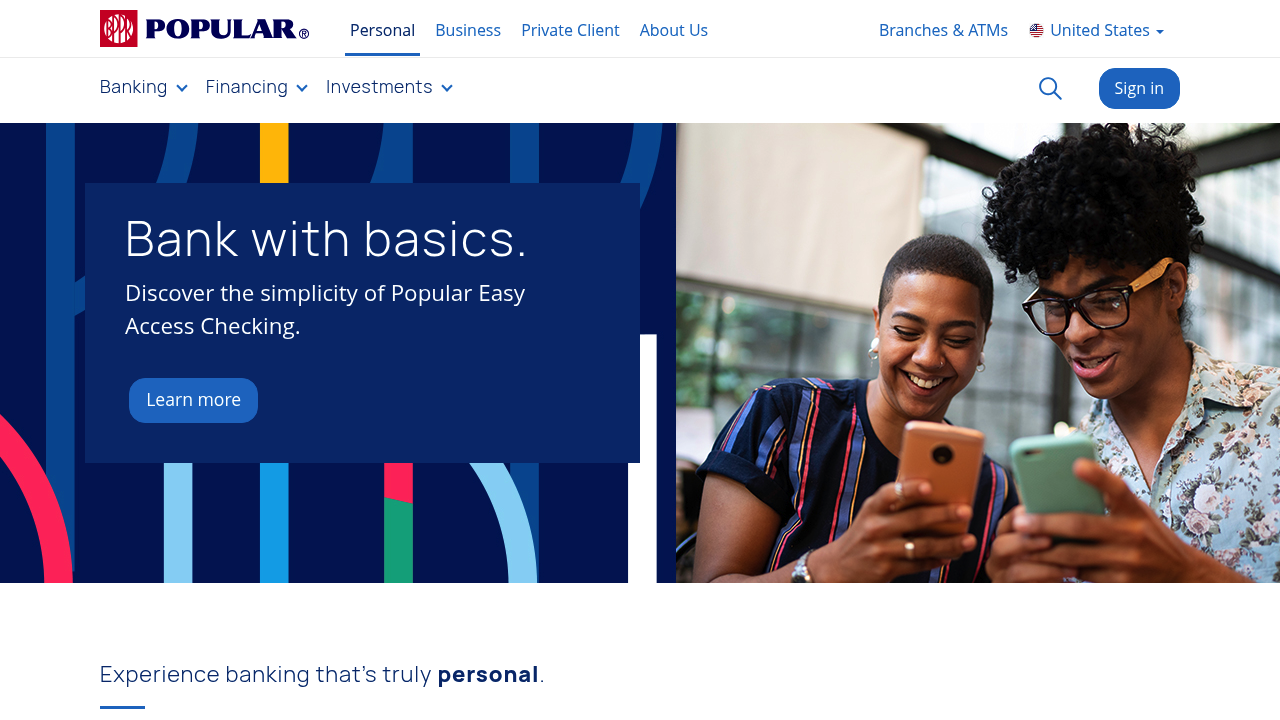
 Banco Popular de Puerto Rico (PR)
Banco Popular de Puerto Rico (PR)
Popular Bank offers financial solutions tailored to meet the unique needs of our customers. We are here to help.
SBA Loans for Nursing Care Facilities: Financing Growth in Skilled Healthcare Services
Introduction
Nursing care facilities, also known as skilled nursing facilities, provide 24-hour medical and personal care for individuals who require ongoing health support. Classified under NAICS 623110 – Nursing Care Facilities, this industry includes businesses that deliver long-term care, rehabilitation, and specialized medical services for elderly patients and individuals recovering from surgery or illness. While demand for skilled nursing continues to grow due to an aging population, operators face financial challenges such as high staffing costs, regulatory compliance, facility maintenance, and delayed reimbursements from Medicare and Medicaid.
This is where SBA Loans for Nursing Care Facilities can provide vital financial support. Backed by the U.S. Small Business Administration, SBA loans offer longer repayment terms, lower down payments, and government-backed guarantees. These loans help nursing facilities cover staffing, upgrade equipment, expand facilities, and stabilize cash flow while maintaining high standards of patient care.
In this article, we’ll explore NAICS 623110, the financial challenges nursing care providers face, how SBA loans provide solutions, and answers to frequently asked questions from healthcare entrepreneurs.
Industry Overview: NAICS 623110
Nursing Care Facilities (NAICS 623110) include businesses that provide:
- Skilled nursing and long-term residential care
- Post-surgery recovery and rehabilitation services
- Specialized care for dementia, Alzheimer’s, and chronic illnesses
- Physical, occupational, and speech therapy
- Medical monitoring and 24-hour patient assistance
This industry is heavily regulated, requiring strict compliance with state and federal standards while balancing high overhead costs.
Common Pain Points in Nursing Facility Financing
From Reddit’s r/healthcare, r/nursing, and Quora discussions, nursing care operators often highlight these challenges:
- High Staffing Costs – Nurses, therapists, and aides represent the largest expense in facility budgets.
- Regulatory Compliance – Meeting state and federal healthcare standards requires constant investment.
- Facility Maintenance – Upgrading buildings, patient rooms, and safety systems is expensive but necessary.
- Insurance & Reimbursement Delays – Payments from Medicare and Medicaid can be slow, impacting cash flow.
- Growing Demand – Aging populations require more capacity, putting pressure on facility expansion.
How SBA Loans Help Nursing Care Facilities
SBA financing provides affordable, flexible capital that helps facilities maintain quality care, expand capacity, and improve operations.
SBA 7(a) Loan
- Best for: Working capital, payroll, insurance, or refinancing debt
- Loan size: Up to $5 million
- Why it helps: Provides liquidity for staffing, supplies, and daily operations while waiting for reimbursements
SBA 504 Loan
- Best for: Facility expansion, medical equipment, and property investments
- Loan size: Up to $5.5 million
- Why it helps: Ideal for building new wings, renovating patient areas, or purchasing diagnostic and therapy equipment
SBA Microloans
- Best for: Smaller or startup nursing facilities
- Loan size: Up to $50,000
- Why it helps: Useful for staff training, technology upgrades, or small-scale equipment purchases
SBA Disaster Loans
- Best for: Facilities impacted by natural disasters, public health crises, or emergencies
- Loan size: Up to $2 million
- Why it helps: Provides recovery funds for damaged facilities, lost revenue, or emergency patient care
Step-by-Step Guide to Getting an SBA Loan
- Check Eligibility – Must be a U.S.-based, for-profit nursing facility with good personal credit (typically 650+)
- Prepare Financial Documents – Include tax returns, P&L statements, reimbursement records, and compliance reports
- Find an SBA-Approved Lender – Some lenders specialize in healthcare and long-term care financing
- Submit Application – Provide a business plan highlighting occupancy rates, patient care programs, and growth projections
- Underwriting & Approval – SBA guarantees reduce lender risk. Approval typically takes 30–90 days
FAQ: SBA Loans for Nursing Care Facilities
Why do banks often deny loans to nursing homes?
Banks may view nursing facilities as risky due to high staffing costs, compliance requirements, and reimbursement delays. SBA guarantees reduce this risk and improve approval chances.
Can SBA loans finance facility expansions and medical equipment?
Yes. SBA 7(a) and 504 loans can fund new construction, renovations, patient care wings, and diagnostic equipment purchases.
What down payment is required?
SBA loans generally require 10–20% down, compared to 25–30% with traditional bank loans.
Are startup nursing facilities eligible?
Yes. Entrepreneurs with healthcare experience and strong business plans may qualify for SBA microloans or 7(a) financing.
What repayment terms are available?
- Working capital: Up to 7 years
- Equipment/facilities: Up to 10 years
- Real estate/facilities: Up to 25 years
Can SBA loans support compliance and staff training?
Absolutely. Many facilities use SBA financing to cover staff certifications, compliance programs, and safety initiatives.
Final Thoughts
The Nursing Care Facilities industry plays a vital role in long-term healthcare but faces financial hurdles tied to staffing, compliance, and reimbursement delays. SBA Loans for Nursing Homes provide affordable, flexible financing to stabilize operations, expand capacity, and maintain high-quality patient care.
Whether you run a family-owned facility or a growing chain of skilled nursing centers, SBA financing can provide the resources you need. Connect with an SBA-approved lender today and explore your funding options under NAICS 623110.
Filters
Tags
#Preferred Lenders Program
#SBA Express Program
#Existing or more than 2 years old
#Startup
#Loan Funds will Open Business
#Fixed Rates Startup
#Change of Ownership
#New Business or 2 years or less
#7a General
#Variable Rates
#Fixed Rates
#Standard Asset Base Working Capital Line of Credit (CAPLine)
#International Trade Loans
#Export Express
#7a with WCP
#Contract Loan Line of Credit (CAPLine)
#7a with EWCP
#Unanswered
#Preferred Lenders with WCP
#Preferred Lenders with EWCP
#Seasonal Line of Credit (CAPLine)
